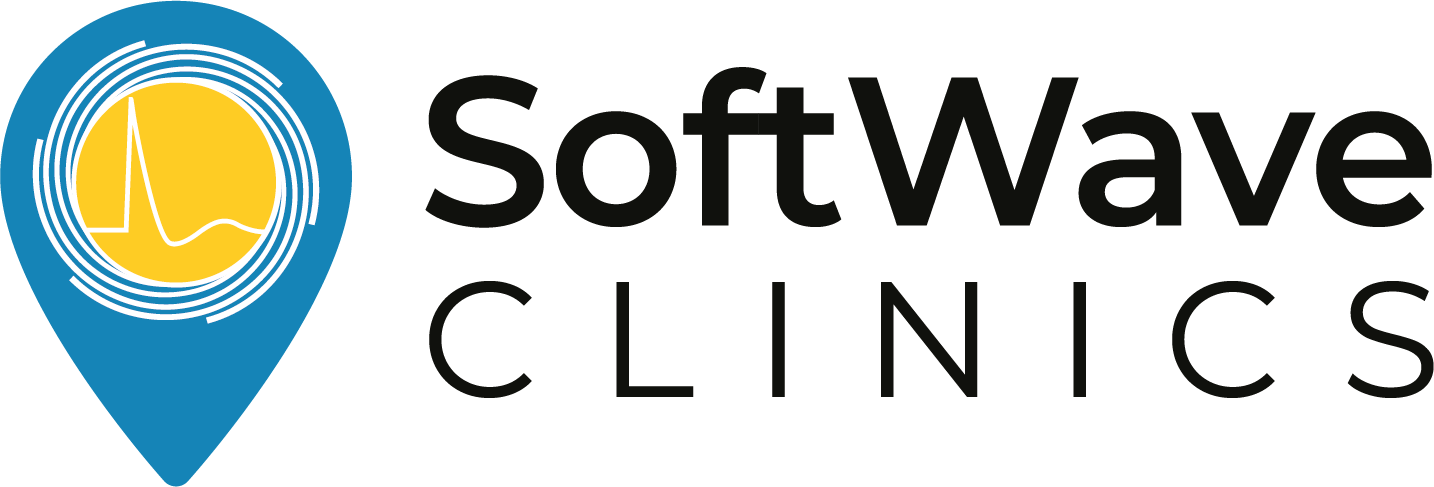Shockwave Therapy for Chronic Wounds: Study Highlights
Authors:
A study evaluated the effectiveness of extracorporeal shockwave therapy (ESWT) for treating chronic soft tissue wounds in 282 patients who had not responded to previous treatments. Conducted between 2003 and 2007, the study aimed to determine whether underlying conditions (comorbidities) or the cause of the wounds (etiologies) affected treatment outcomes.
Patients underwent ESWT at specific intervals, with wound healing progress tracked using a wound bed score. Detailed patient histories, including comorbidities and wound causes, were recorded. Of the 282 participants, 258 were included in the final analysis and followed for an average of nearly 32 months.
The results were promising: 74% of patients (191 individuals) achieved full wound closure after a median of two treatment sessions. Importantly, no wounds reopened in the same location during the follow-up period. Statistical analysis revealed that neither comorbidities nor wound etiologies significantly impacted the success of ESWT.
This study shows that ESWT can be an effective treatment option for chronic wounds, regardless of underlying health conditions or wound causes. The therapy demonstrated high success rates, minimal recurrence, and broad applicability, making it a valuable option for patients with non-healing wounds.
